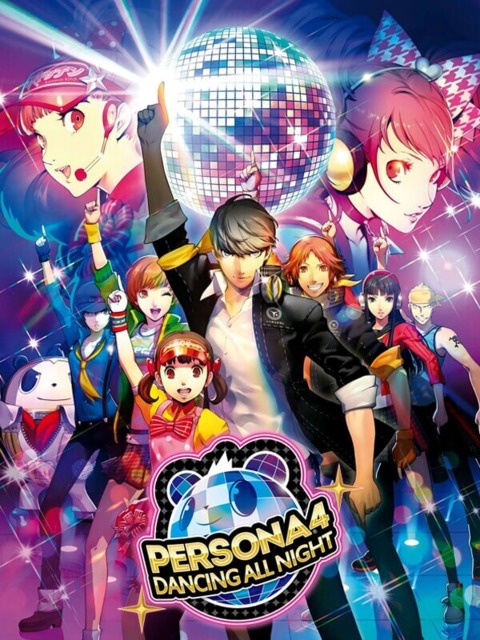I have nothing against idol culture in general or in-game. My friend follow(ed) some idol groups, and after playing P4 a bunch, Rise's character arc interestingly loops back around and takes her back to being an idol, after dealing with how to be two people at once.
P4:DAN introduces Kanamin Kitchen, and while the girls by themselves are cute and inoffensive, the implications of the group and the personification of each of the idols is borderline sexual - all the girls are named after food, with lots of "eat me all up" rhetoric to boot.
When meeting each idol in the dungeon, each gets a bunch of creepy voice-over by men objectifying them as chattel and money-makers, as well as that one guy (you know which one) putting off a severe pedophile vibe. When they "give in" to the pressure of the Shadows' desires, it's a straight-up picture of them in bondage.
All of this is weird but explainable. Bondage is a metaphor, creepy guy is creepy, idol culture is cutesy. However, after watching Vice's "Schoolgirl for Sale in Japan", the entire game has taken on a decidedly more dark tone.

Log in to comment